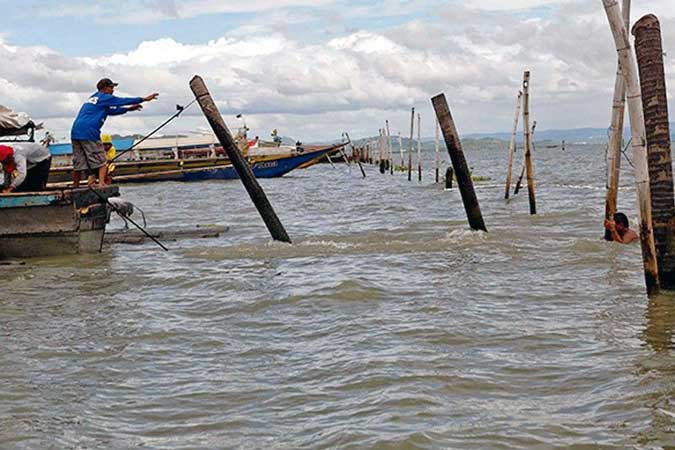
THE PHILIPPINES and Hungary have zeroed in on water management and food as areas for potential cooperation, the Trade department said following a meeting between the two countries’ trade representatives.
The second session of the Philippine-Hungarian Joint Commission on Economic Cooperation was held in Makati City last week, where memoranda of understanding and cooperation on food safety and water technology were signed.
The two sides, represented by Trade Undersecretary Ceferino S. Rodolfo and Hungarian Ministry of Foreign Affairs and Trade Deputy State Secretary for Export Development Istvan Joo, discussed prospective investment projects.
“The Hungarian side is ready for cooperation on water management between the appropriate ministries and institutions with special regard to exchange of information and experience,” the Trade department said in a statement Sunday.
They highlighted integrated river basin management and wastewater management to address climate change effects on water, including drought. They also discussed flood management, water resource management, and water-related education.
The agreements included potential cooperation between the Hungarian Water Technology Corp. Ltd. and the National Disaster Risk Reduction Management Council as well as the Laguna Lake Development Authority.
The trade representatives also discussed agriculture cooperation, including animal husbandry and rice and crop biotechnology research.
Mr. Rodolfo said that talks will help build towards a potential free trade agreement (FTA) with the European Union.
“We hope to foster synergies based on each other’s strengths and our shared interests in a number of areas such as manufacturing because we see Hungary as a source of innovation-driven products. We invite Hungarian companies to use the Philippines as their base for expanding their operations in Southeast Asia,” he said.
The first round of FTA negotiations were held in May 2016. An EU-ASEAN Business Sentiment Survey last year said that enthusiasm from businesses on the potential trade deal have waned since talks stalled.
The Philippines presented opportunities for collaboration in pharmaceuticals, personal protective equipment manufacturing, and medical device production.
The two parties also discussed potential cooperation in transportation, information and communication technology, energy, and vocational education.
The first session of the Joint Commission on Economic Cooperation was held in April last year. The parties plan to hold the third session in Budapest. — Jenina P. Ibanez
